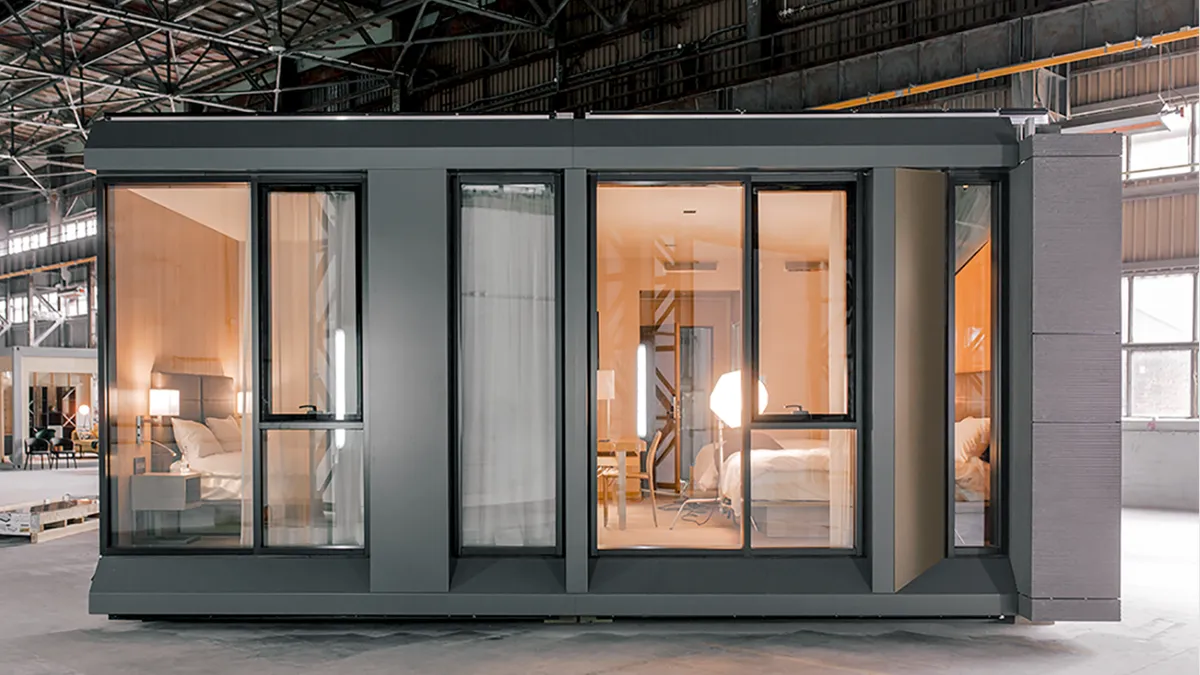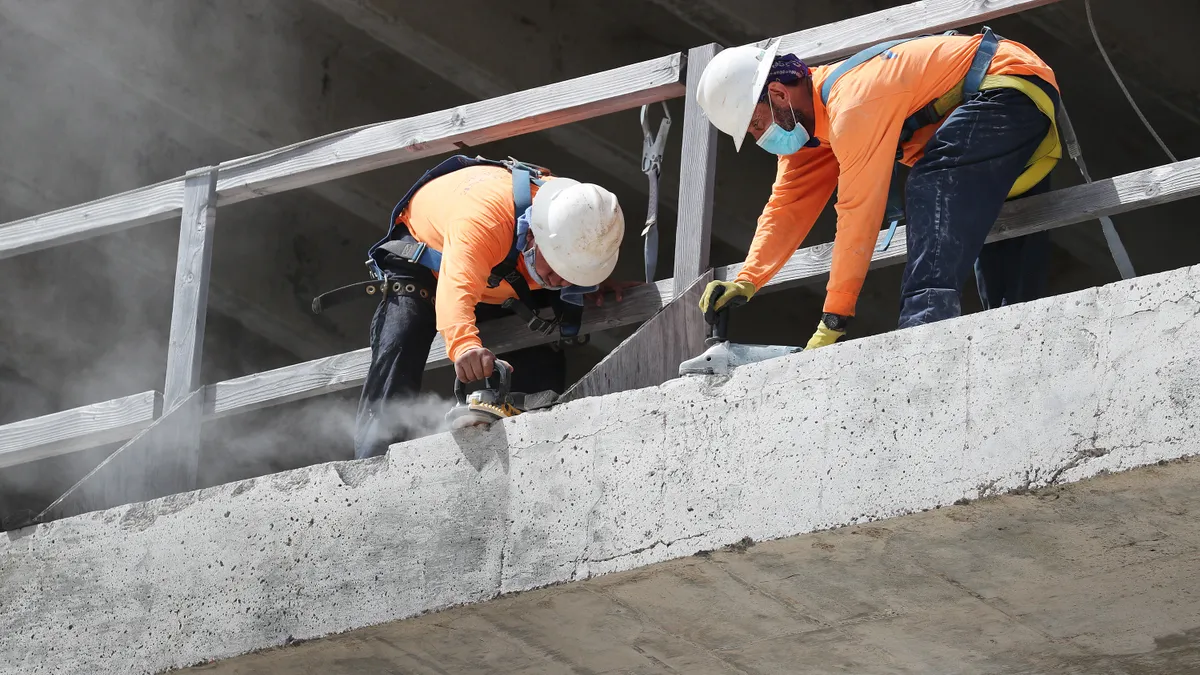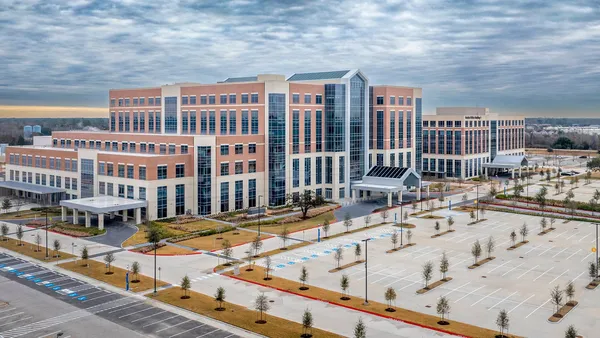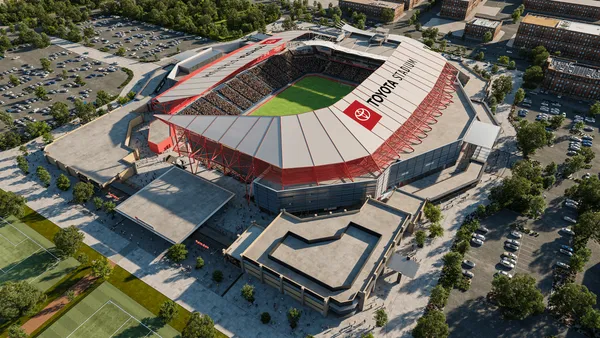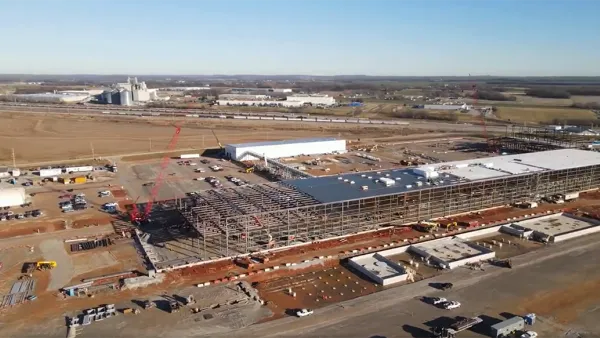Dive Brief:
- One of the modular sector's most anticipated projects, Marriott's AC Hotel in Manhattan, has been delayed by the effects of the COVID-19 pandemic, according to The Wall Street Journal, which reported that developer 842 Enterprises is looking for additional funding to finish the $80 million project.
- When complete, the 26-story building will be the world's tallest modular construction hotel, but for now its prefabricated components, including 100 factory-built hotel rooms, sit on a dock in Brooklyn, according to the Journal. In addition, liens have been filed against the property by more than a dozen contractors over unpaid bills, according to public records cited by the Journal.
- After gaining interest among developers in recent years, the pandemic brought both opportunities and challenges to modular building, industry observers say.
Dive Insight:
Several modular construction firms have been hit particularly hard by pandemic-related impacts. Prefabrication giant Katerra filed for Chapter 11 bankruptcy earlier this month and Chicago-based Skender Manufacturing closed its doors last fall due to COVID-19 related impacts.
Modular construction showed promise at the start of the pandemic last year, especially because it offers a fast way to build in a controlled environment while using fewer workers. The space experienced a rapid uptick in demand for non-permanent emergency medical facilities and rapid response units when the pandemic first started.
But interest in the process for rapid medical uses began to fizzle out as that demand took a hit and projects were eventually put on hold. As more and more people stayed at home, governments chose to repurpose existing empty buildings, and pause any new construction of medical facilities.
"As a result of the pandemic, it's fair to say that modular construction has underperformed expectations over the past year," said Henry D'Esposito, JLL Construction Research Lead. "The challenges this year have been due to a combination of decreased demand for new hospitality projects and a lower risk appetite across the board."
In addition, many lenders are hesitant to finance hotel projects, especially in dense cities, as the future of corporate travel is still uncertain. Given the uncertainty in 2020, taking on a modular project has become less appealing for many developers, said D'Esposito.
But labor and material costs continue to increase in the industry, a boon for modular construction adoption. Developers often turn to factory construction as a more efficient and faster alternative to traditional construction.
"The relative value for modular construction only increases when labor is scarce and expensive. Our forecast calls for the construction labor shortage to worsen over the next few years, driving labor costs up further," said D'Esposito.
The pandemic derailed hundreds of projects — both site-built and modular — across the country, so any single project delay should not be used to define modular across the board, he said.
"Modular construction has grown in fits and starts in the U.S. over the past few decades, and I would consider the issues over the past year to be more of a setback than any signal of a fundamental flaw in the modular concept," he said.



